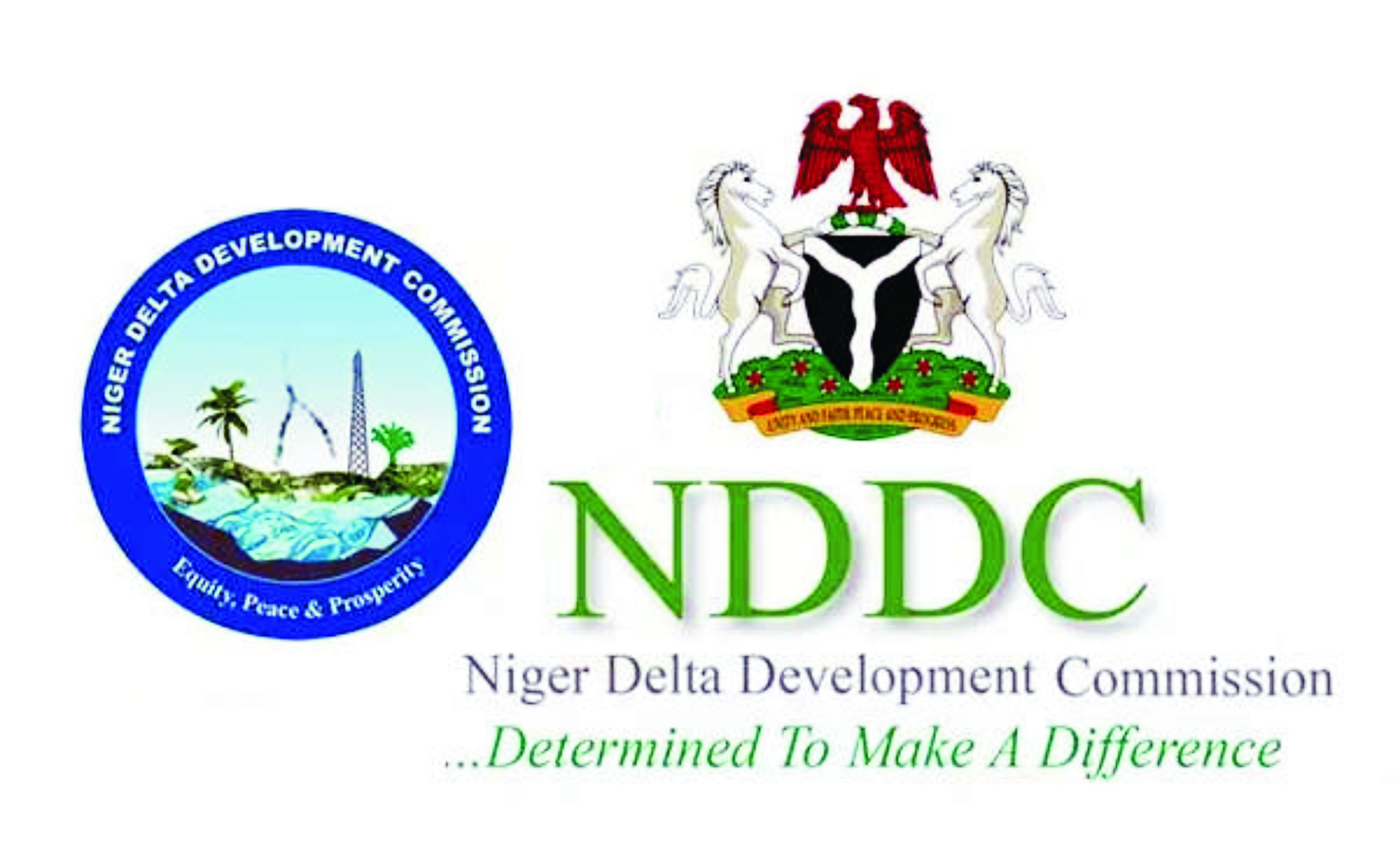News
NDDC Enmeshed In Reckless Award Of Contracts, Payments – Ex-NDDC Chieftain

News
Victory Over Insurgency Certain, Tinubu Assures

President Bola Tinubu has expressed confidence that the country would win the fight against insecurity.
The President gave the assurance at the Argungu International Fishing Festival in Argungu town, Kebbi State, on Saturday.
He noted that the relative peace currently being enjoyed in Kebbi and neighbouring states was the result of sustained investments in security intelligence, coordination among security agencies, and community engagement.
Tinubu assured farmers and fishermen of sustained federal support to guarantee food security and safety across the country.
“The peace we are witnessing today is not accidental. It is the outcome of deliberate and sustained efforts. I assure you that the fight against banditry, insurgency, and insecurity will be won.
“Our farmers, fishermen, traders, and families will go about their lawful activities without fear,” he assured.
The President commended the organisers of the festival for sustaining the cultural event for decades, noting that it had endured for 83 years despite social and security challenges.
Describing the Argungu festival as a powerful symbol of unity, resilience, and peaceful coexistence, Tinubu stated that it reflects the richness of the country’s culture and the opportunities to harness its natural and human resources for national growth.
He said, “Today, this festival stands as a powerful symbol of unity, resilience, and peaceful coexistence among our people.
“It reflects the richness of our culture, the strength of our traditions, and the opportunities inherent in harnessing our natural and human resources for national development.”
The President was received by a large crowd of residents, traditional rulers, fishermen, tourists, and government officials from across the country.
The President reaffirmed his administration’s commitment to youth and women empowerment, irrigation development, rural electrification, and agricultural productivity.
Earlier, the Kebbi State Governor, Nasir Idris, said his administration was determined to elevate the Argungu Fishing Festival to full international standards while pursuing aggressive development across critical sectors of the state.
News
US Embassy, Lagos Consulate Close Today For President’s Day

The United States Embassy in Abuja and the Consulate General in Lagos will be closed today, in observance of Presidents’ Day.
The mission made this known in a notice shared on its official X page, yesterday.
“The U.S. Embassy in Abuja and the Consulate General in Lagos will be closed on Monday, February 16, 2026, in observance of Presidents’ Day,” the post read.
According to the embassy, Presidents’ Day was originally established to honour the birthday of the former US President, George Washington, but has evolved into a day to celebrate all U.S. presidents and their leadership in shaping the country’s history.
The embassy noted that the holiday also recognises the influence of U.S. presidents on global affairs.
In a related message, the mission highlighted that Washington created the first “Badge of Military Merit,” which later became the Purple Heart. The medal still bears Washington’s image today.
Presidents’ Day is observed on the third Monday of February annually in the United States as a federal holiday.
News
Guterres Backs Nigeria’s Bid For UN Security Council Seat …Hails Tinubu’s Reforms, Regional Security Role

United Nations Secretary-General, António Guterres, has charged Nigeria with spearheading Africa’s quest for a restructured global order, describing the country as uniquely positioned to lead the continent toward superpower status.
Guterres, who backed Nigeria’s bid for the world body’s security council seat, also praised the economic reforms of the President Bola Tinubu-led administration as well as Nigeria’s leadership in stabilising the Sahel and ECOWAS regions, despite facing its own security challenges.
The UN scribe made the remarks last Friday night during a high-level bilateral meeting with Vice President Kashim Shettima on the sidelines of the 39th African Union (AU) Summit in Addis Ababa, Ethiopia.
Speaking during the meeting, Guterres said Nigeria’s large population, sustained democratic governance, vast natural and human resources, and longstanding commitment to multilateralism placed it in a unique position to lead Africa in the evolving global order.
“Given Nigeria’s demographic strength, democratic continuity and deep resource base, the country stands a real chance of leading Africa to becoming the next superpower in the evolving global architecture,” he said.
The UN Secretary-General and the vice president discussed key developments in Nigeria and the country’s expanding leadership role in promoting regional stability across West Africa and the Sahel.
Guterres commended the remarkable and outstanding reforms of the administration of President Tinubu, noting that Nigeria’s bold economic restructuring and security commitments have strengthened its continental standing.
The meeting focused on strengthening Nigeria–UN collaboration to advance global economic growth, peace and security, sustainable development, and a coordinated humanitarian response across Africa.
In his remarks, Shettima thanked the UN Secretary-General for his leadership in advancing global peace, noting that Africa has benefited immensely from his tenure, even as the United Nations undergoes internal restructuring.
“We remain committed to multilateralism and to deepening our partnerships with the United Nations and other global institutions,” the vice president said.
Shettima also reiterated Nigeria’s longstanding call for comprehensive reform of the United Nations system to reflect evolving global realities.
He emphasised that Africa must have stronger representation in global decision-making structures and declared that Nigeria deserves a permanent seat on the United Nations Security Council.
Both leaders pledged to deepen cooperation, with Guterres reaffirming the UN’s support for Nigeria’s reform agenda and its growing leadership role in advancing peace, security, and development across Africa.

